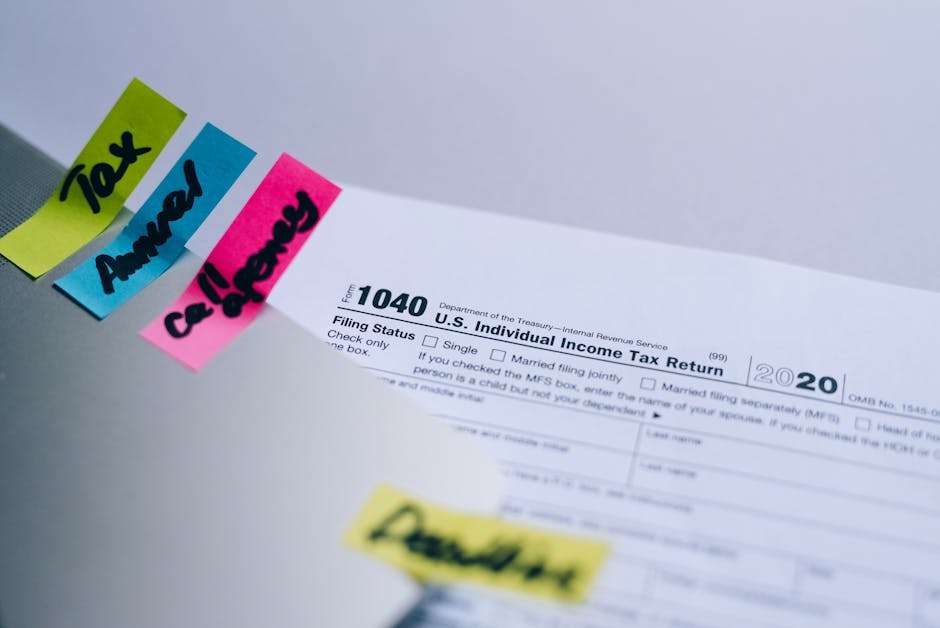No Tax on Tips Senate Bill: A Deep Dive into the Debate and Potential Impacts
The debate surrounding the taxation of tips has resurfaced, with several Senate bills proposing changes to the current system. This complex issue affects millions of workers, businesses, and the overall economy. This article will delve into the specifics of these proposed bills, examining their potential consequences and exploring the arguments for and against eliminating or modifying the taxation of tips.
The Current System: Why Are Tips Taxed?
Currently, tips received by employees are considered taxable income in the United States. This is based on the principle that all forms of compensation, including gratuities, should be subject to income tax. The Internal Revenue Service (IRS) mandates that employees report all tips received, whether declared by the employer or not. This system is designed to ensure fairness and prevent tax evasion.

However, the practical application of this system presents challenges. Many tipped employees work in industries with high employee turnover and a significant proportion of cash transactions. Accurate tip reporting can be difficult, leading to underreporting and potential revenue loss for the government. Furthermore, the burden of accurately tracking and reporting tips falls primarily on the employee, which can be a significant administrative task for those with multiple jobs or limited financial literacy.
Proposed Senate Bills: Eliminating or Modifying Tip Taxation
Several Senate bills have been introduced advocating for changes to the taxation of tips. While the specifics vary across these bills, the central theme is reducing the administrative burden on tipped employees or potentially eliminating tip taxation altogether. These proposals stem from concerns about the challenges of accurately reporting tips, the disproportionate impact on low-wage workers, and the potential for these complexities to lead to financial hardship.
One key proposal focuses on simplifying the reporting process. This could involve introducing streamlined reporting methods, automated systems, or increased employer assistance in accurately tracking and reporting tips. Other bills propose raising the threshold for reporting, reducing the administrative burden on those receiving smaller amounts of tips. The most radical proposal is the complete elimination of tip taxation, treating tips as non-taxable income. This is generally viewed as the least likely scenario due to the significant revenue implications for the government.
Arguments For and Against Eliminating Tip Taxation
Arguments for Eliminating Tip Taxation:
- Reduced Administrative Burden: Eliminating tip taxation would significantly reduce the administrative burden on tipped employees, simplifying their tax obligations and potentially reducing errors.
- Increased Fairness: Proponents argue that the current system is inherently unfair, disproportionately impacting low-wage workers who often lack the resources to navigate complex tax regulations effectively.
- Economic Stimulus: Some believe that eliminating tip taxation could stimulate the economy by leaving more disposable income in the hands of tipped employees, potentially leading to increased spending.
- Simplified Compliance: A simpler system would improve compliance, reducing the number of individuals underreporting their tips.
Arguments Against Eliminating Tip Taxation:
- Revenue Loss for the Government: Eliminating tip taxation would represent a significant loss of tax revenue for the government, potentially impacting public services and programs.
- Potential for Abuse: Some argue that eliminating tip taxation could create opportunities for tax evasion, with businesses potentially underreporting tips received or employees failing to declare all tips received.
- Unfairness to Non-Tipped Workers: Opponents argue that eliminating tip taxation would create an unfair advantage for tipped employees over non-tipped workers, who are still subject to income tax on their entire earnings.
- Complexity of Implementation: Even if the goal is to simplify the system, implementing a complete overhaul of tip taxation would be complex, requiring significant legislative changes and administrative adjustments.
Potential Impacts of Changes to Tip Taxation
The potential impacts of changes to tip taxation are multifaceted and far-reaching. They extend beyond the immediate effect on tipped employees, impacting businesses, the economy, and the government’s revenue stream. Potential positive impacts include increased employee morale and retention, reduced administrative costs for businesses, and potentially increased consumer spending. Negative impacts could include increased tax evasion, significant revenue loss for the government, and potential inequities between tipped and non-tipped workers.

Conclusion: The Road Ahead
The debate surrounding the taxation of tips is complex, involving considerations of fairness, administrative burden, revenue generation, and economic impact. While the complete elimination of tip taxation appears unlikely due to significant revenue implications, reforms aimed at simplifying the reporting process and reducing the administrative burden on tipped employees are gaining momentum. The outcome of this debate will significantly impact millions of workers and the broader economy, underscoring the need for careful consideration and a comprehensive approach that balances the interests of all stakeholders.
The future of tip taxation remains uncertain, but ongoing discussions and legislative efforts suggest significant changes may be on the horizon. Continuous monitoring of Senate bills and their progress will be crucial in understanding the final shape of any potential reforms and their potential impact.


